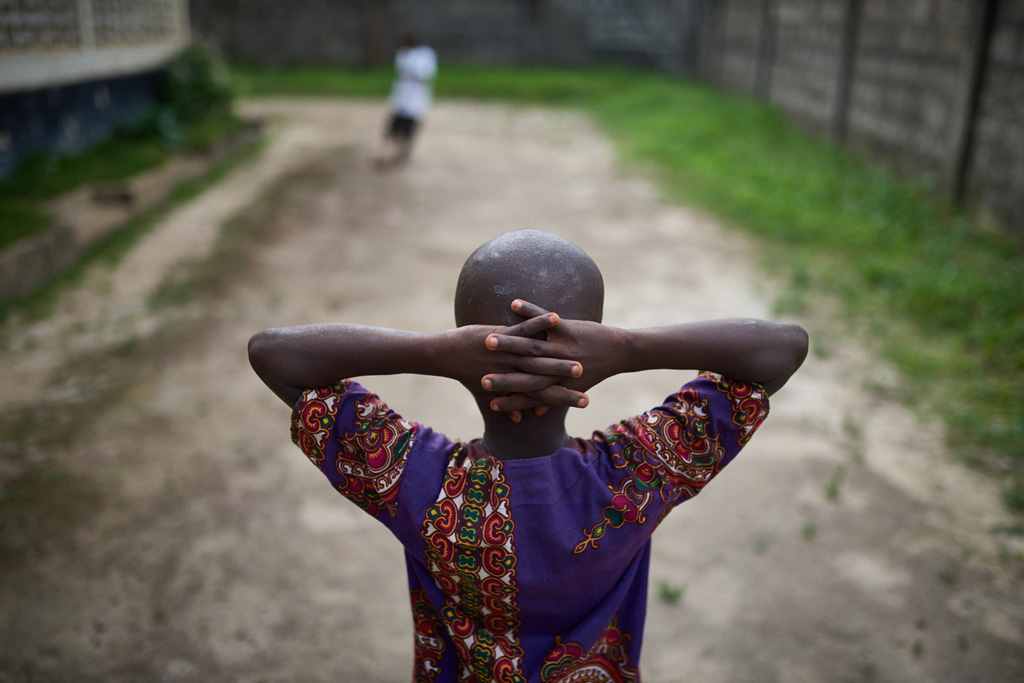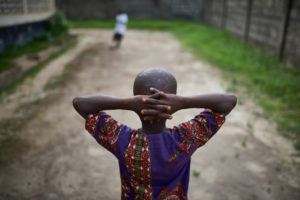
 Four in five children living with HIV in West and Central Africa are still not receiving life-saving antiretroviral therapy and AIDS-related deaths among adolescents aged 15-19 are on the
Four in five children living with HIV in West and Central Africa are still not receiving life-saving antiretroviral therapy and AIDS-related deaths among adolescents aged 15-19 are on the
“It is tragic that so many children and adolescents today are rise, the United Nations Children’s Fund (UNICEF) has warned. not receiving the treatment they need just because they have not been tested,” said Marie-Pierre Poirier, the UNICEF Director for the region, in a news release, Tuesday, calling for improvement of early diagnosis and access to HIV treatment and care for children.
According to UNICEF, West and Central Africa has the lowest paediatric antiretroviral treatment coverage in the world, with only 21 per cent of the 540,000 children (aged 0-14) living with HIV receiving antiretroviral treatment in 2016 – compared to 43 per cent globally.
A major cause behind this is the limited capacity of the countries to perform the tests needed for early infant diagnosis of HIV.
“Without knowing a child’s HIV status, his or her family is less likely to seek the treatment that could prevent the tragedy of a child’s death from AIDS-related illnesses,” said UNICEF.
The situation is worse among adolescents: the annual number of new HIV infections among those aged 15-19 years in the region now exceeds that of children aged 0-14 years. These new infections occur mostly through unprotected sexual contact and among adolescent girls.
A previous UNICEF report had shown that the region has seen a 35 per cent rise in the annual number of AIDS-related deaths among adolescents aged 15-19 years – the only age group in which the number of AIDS-related deaths increased between 2010 and 2016.
With the region’s youth population expected to grow significantly within the coming decades, especially in countries like the Democratic Republic of the Congo (DRC) and Nigeria, the numbers of children and adolescents becoming infected with HIV and dying from AIDS is likely to remain high, unless the HIV response – both prevention and treatment – improves dramatically, the report warns.
